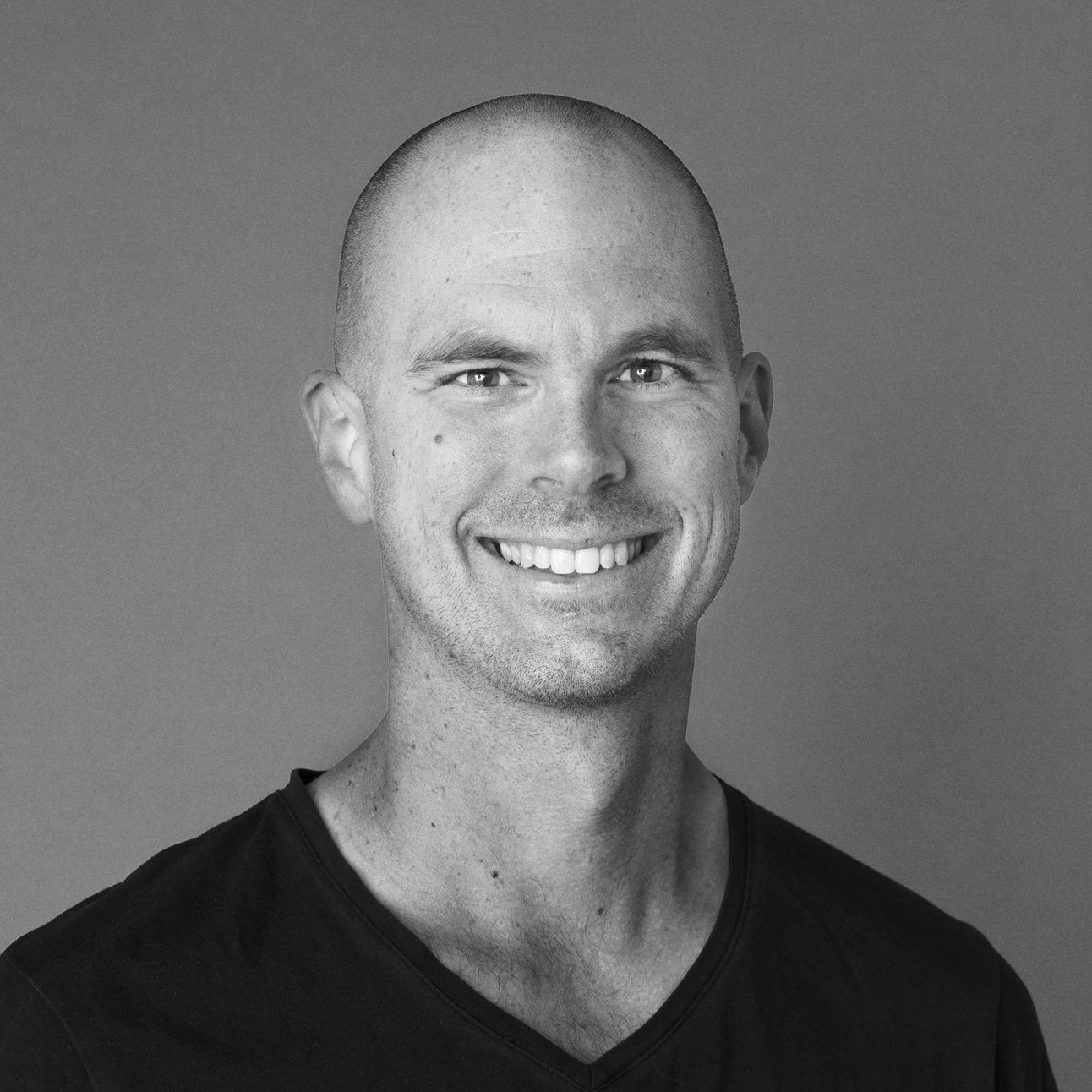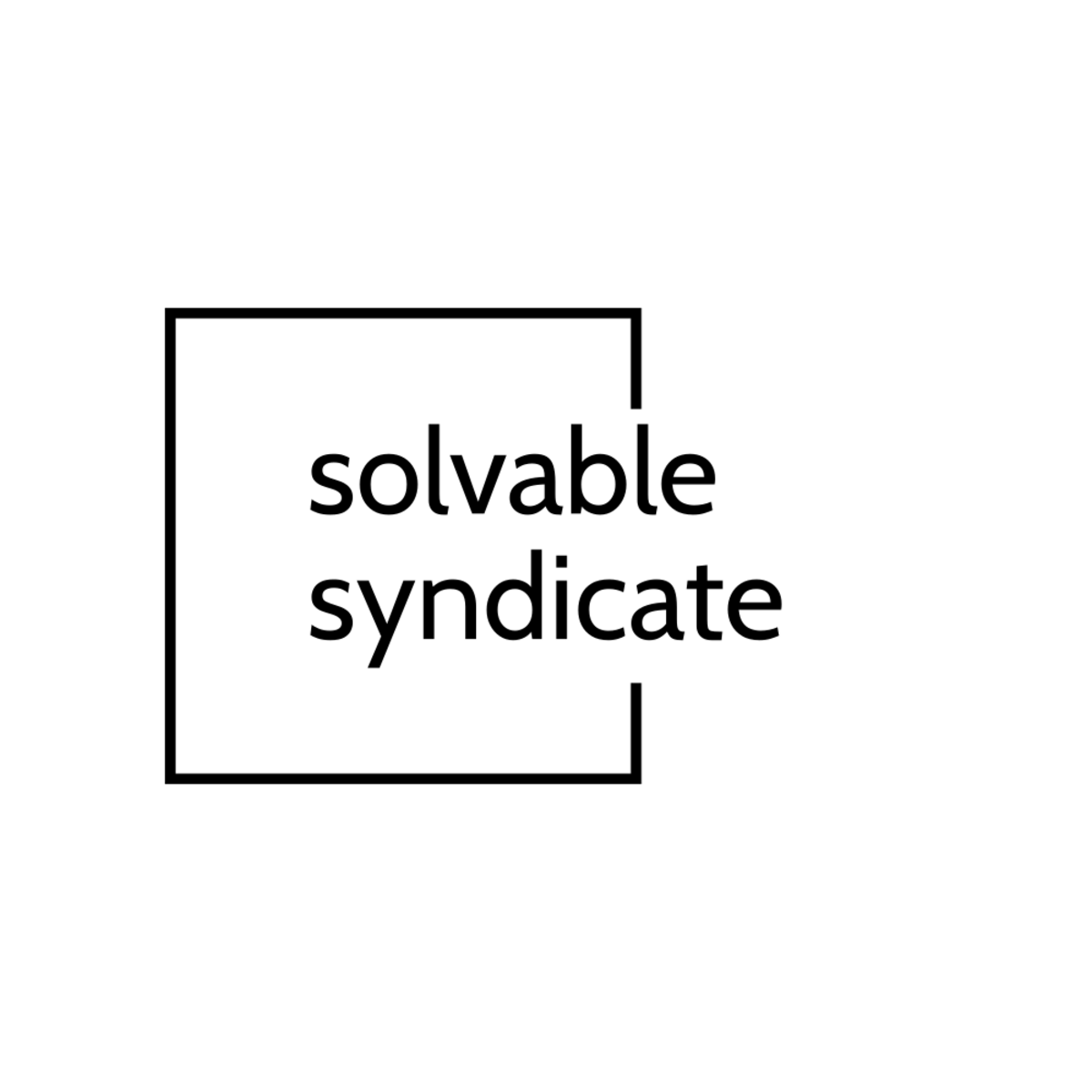Erik Byrenius is Founding Partner at Mudcake.
FACT BOX
Fund size: $18M
Reserved for follow-ons: ~30%
Started deploying: 2021
Will be fully deployed: 2025
Investment stage: Pre-seed and Seed
Leads or ‘just’ joins rounds: Usually commit early to 4-5% ownership and then work with founders to help bring in the the right co-investors
Typical check size: $200k-$700k
Focus: Tech and science reshaping the broader food system
Geo: Global (mainly Europe and US)

FUNDRAISING DYNAMICS
What’s the best way for founders to get on your radar?
We won’t be making any new investments before next summer (2026) at the earliest, but of the 32 investments we’ve made through Mudcake, roughly one-third came from founders who reached out directly, one-third were referred by trusted people in our network, and one-third we sourced through proactive outreach. For several of them we heard about them in various ways during a short period of time, typically a great sign of founders able to build momentum and excitement!
Which channel works best? A warm intro definitely helps us prioritize attention, but a sharp and well-crafted cold email also works!
What’s the most common mistake founders make when pitching to you?
Trying too hard to “sell” instead of focusing on building a relationship.
You should treat the first call as a conversation, not a performance. We’ve already read your deck and surely have lots of questions already, to help us structure our thinking and thesis. What we’re looking for is a feel for you as a founder: your clarity of thinking, your obsession with solving real customer problems, and your ability to discuss both the risks and the upside of what you’re building. Help us understand this, and be to-the-point. Other investors may think differently about the initial call, but that’s how we like to do it.
What advice would you give to (FoodTech/AgTech) founders before their first meeting with a VC?
Send the deck beforehand. We love to read up and come prepared. We don’t want to waste your or our time.
Come ready to explain from first principles why the problem you’re solving truly matters. Help us understand how big the pain is for your customers, and show that you deeply understand their world. We will ask what may sound like stupid questions, but please bear with us so we also fully understand the problem and your solution on a concrete level.
Do you have any key metrics (e.g. revenue numbers) you expect startups to hit at the stage you invest?
It really depends on the type of technology and business model. Usually we want to see at least some form of MVP or technical proof-of-concept, and some sort of customer validation. That could mean pilots, LOIs, strong user engagement, or even just sharp insights from customer discovery work.
What are some red flags that prevent you from investing?
Founders missing clarity of thought, or struggling to explain the basics in a concrete way e.g., always speaking on a high level about the problem, the market, the solution or potential impact.
Broken cap table.
Poor founding team dynamics.
PORTFOLIO COMPANY DYNAMICS
What’s your philosophy around being hands-on or hands-off with your portfolio companies?
Both!
We invest because we believe you’re the expert on your technology, market, and customers. We’re not here to interfere, to micromanage or tell you how to run your business. We don’t take board seats, and we don’t want you to feel like you’re reporting to us. Instead, think of us as a resource. Send us monthly updates with any asks, and ping us anytime you want to brainstorm or talk something through.
We prefer to act as mentors and allies. Both my co-founder Anna and I have built startups from idea to exit, and try to share our experiences about what it’s like building high-growth startups: the highs, the lows, and the messy middle. That could mean helping you manage a team conflict, navigate contradictory board advice, negotiate a term sheet, discuss work-life balance, or just a shoulder to cry on when founder life is tough.
That being said, we are definitely proactive and hands-on when it matters, e.g. closing the round, making a strategy for the next two years, and connecting you with relevant industry experts and investors in our network. We’re here to help, not to hover.
How do you like founders to handle things when everything is going wrong?
We’ve been in the trenches ourselves. We know that things can and will go wrong. If you send us three monthly updates in a row without any major lowlights, we probably won’t believe you.
In your relationship with us, pride and prestige are the enemies. The best way to build trust is to communicate early, openly, and honestly. Ask for help. We don’t expect perfection, but we do expect trust, self-awareness, and a continuous drive to learn and improve.
What’s the strangest piece of advice you’ve ever given to a founder? Did it work?
“Stop telling me about how everything is going great, and tell me why your company is about to die.”
In both internal and external communication, many founders focus on what’s going well and how amazing everything will be. When asking for help it’s often related to details – e.g. one more customer intro, pitch deck feedback, share a job post, minor pivots. Those huge dark clouds at the horizon are ignored, despite that’s exactly what you should talk to your existing investors and advisors about. You may be running fast, but are you on the right path?
CURRENT INTEREST
Are there any startups you’re looking for right now? Ones that are working on a solution to a specific problem?
We love founding teams with both deep technical skills, a proven customer obsession, a relentless can-do attitude, and a wild idea about how they can change the world for the better.
It’s a bonus if you’re chasing problems that are overlooked by others, often because they’re too technical, too early, or too unsexy.
Of course, it also has to fit within the boundaries of our scope:
Pre-seed and seed
Technology or science at its core
True massive impact potential aligned with the business model
Related to the broader food system
Founders want to build a high-growth venture, not just a nice business
$100m turnover potential
However, we currently have 32 companies in our portfolio. This is quite a lot for a microfund run by two partners, both having small kids that we don’t want to miss growing up. We don’t feel like we can add more founders right now, without compromising on the way we want to work with founders, or the time we want to spend with our respective kids. That’s why we have decided not to make any more investments until next summer (2026) at the earliest.
What’s a topic (investment-related or not) that once brought up gets you super excited?
What gets me most excited is when I meet a founder who can clearly articulate a huge problem that I’ve never heard of, or at least not understood the size of. It’s a bonus if it goes against mainstream trends.
FINAL QUESTIONS
What’s the biggest misunderstanding founders have about you or your role as an investor?
That our investment scope is foodtech. The vast majority of what we invest in is typically identified as “climate tech”, “B2B SaaS”, “biotech”, “genetics” or “supply chain software”. What unites them is their huge positive impact potential and their relevance to the broader food system.
What’s the most fun part of your job that founders might not realize?
The intense internal debates we have before investing (or passing). Founders might not see it, but we obsess over their vision: testing assumptions, pulling in expert opinions, and imagining what the world would look like if they succeed. It feels more like startup brainstorming than a VC process.
What’s one company (in any industry) you didn’t invest in, but wish you had?
Not sure if I can mention names, but I think of a startup that we passed on in pre-seed because the tech was too early and the go-to-market unclear. A year later, they had hit early traction, blew past our expectations on the tech side and raised from a strong syndicate.
What hurts isn’t missing the mark on timing – that happens. It’s that the founder and CEO was exceptional, we saw it, and we still didn’t follow our gut. We let the ambiguity of the market distract us from the clarity of the person. It’s still too early to tell if that company will succeed or not, but I nevertheless think it was a mistake that I try to learn from: in pre-seed, bet on the edge and the energy. Find the outlier. You can’t spreadsheet your way into conviction.

